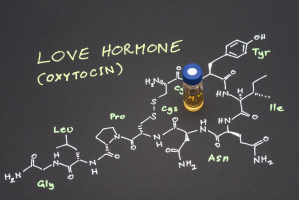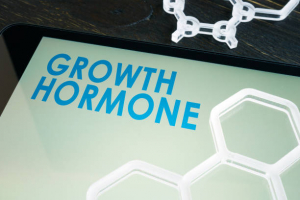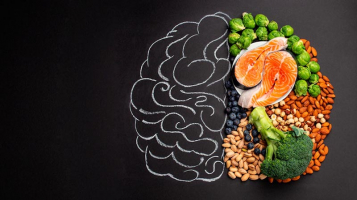Top 10 Best Ways to Boost Male Fertility
You're not alone if you and your partner are having trouble getting pregnant. It happens more frequently than you might think. It affects roughly one in every ... read more...six couples, and according to studies, one in three cases is brought on entirely by a male partner's infertility. When a man has a poor chance of making his female partner pregnant, this is known as male infertility. Usually, it depends on how good his sperm cells are. Read on to discuss more best ways to boost male fertility.
-
Aspartic acid comes in the form of D-aspartic acid (D-AA), which is sold as a nutritional supplement. It should not be mistaken with L-aspartic acid, which is far more common than D-AA and helps to the structure of many proteins. D-AA is mostly found in certain glands, including the testicles, semen, and sperm cells.
D-AA is thought by researchers to play a role in male fertility. In fact, compared to men who are fertile, infertile men's D-AA levels are substantially lower. Studies show that D-AA supplementation may raise levels of testosterone, the male sex hormone that is essential to male fertility. For instance, one research on infertile males found that 2.7 grams of D-AA daily for three months boosted testosterone levels by 30–60% and sperm count and motility by 60–100%. Among their partners, the number of pregnancies also increased
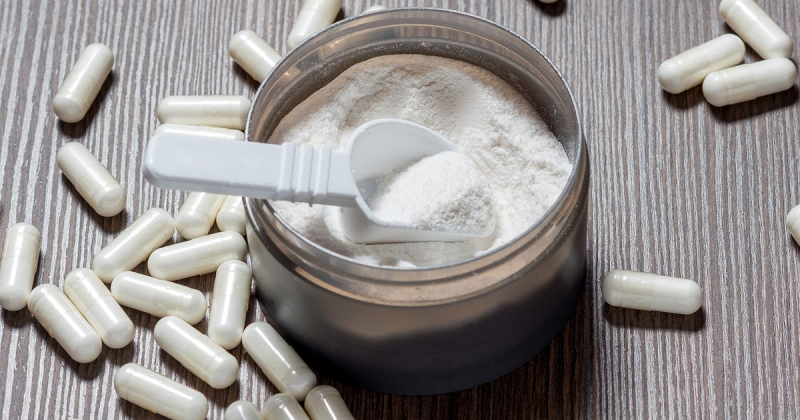
Take D-aspartic acid supplements 
Take D-aspartic acid supplements -
Regular exercise has numerous health benefits, including raising testosterone levels and boosting fertility. Healthy young men who exercise regularly may have better quality semen than their sedentary peers, a study of sperm donors suggests.
According to studies, active men have higher testosterone levels and higher-quality sperm than inactive men. On the contrary, excessive activity should be avoided as it may have the opposite impact and perhaps lower testosterone levels. Getting the proper dosage of zinc can reduce this risk. Make getting physically active your top priority if you rarely exercise but want to increase your fertility.

Exercise regularly 
Exercise regularly -
You probably already know that vitamin C can strengthen the immune system. According to some research, consuming antioxidant supplements like vitamin C may increase fertility.
When levels of reactive oxygen species (ROS) in the body rise to unhealthy levels, oxidative stress occurs. It happens when the body's natural antioxidant defenses are overwhelmed by disease, age, an unhealthy lifestyle, or environmental toxins. There is some proof that oxidative stress and unusually high ROS levels can cause male infertility. Consuming enough antioxidants, including vitamin C, may help alleviate some of these negative consequences. Supplemental vitamin C may enhance the quality of semen, according to some studies. According to a study on infertile men, consuming 1,000 mg of vitamin C twice a day for up to two months raised sperm count by more than 100% and improved sperm motility by 92%. Additionally, it reduced the proportion of sperm cells with defects by 55%.
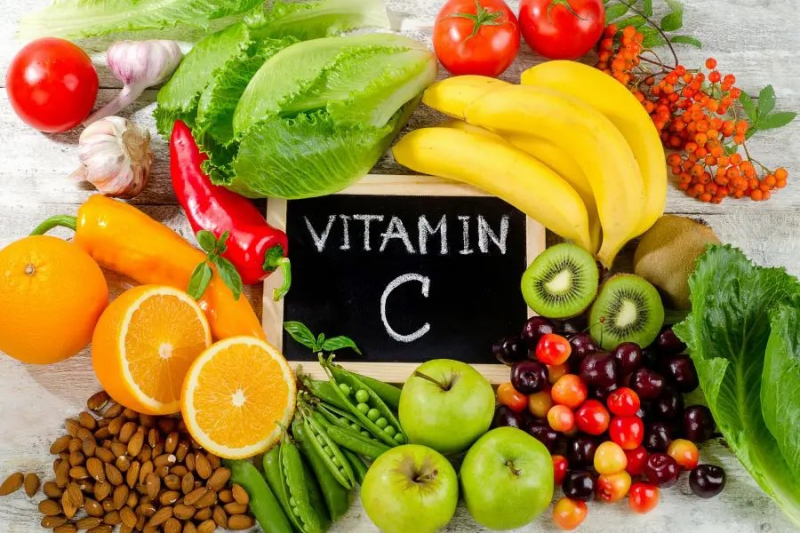
Get enough vitamin C 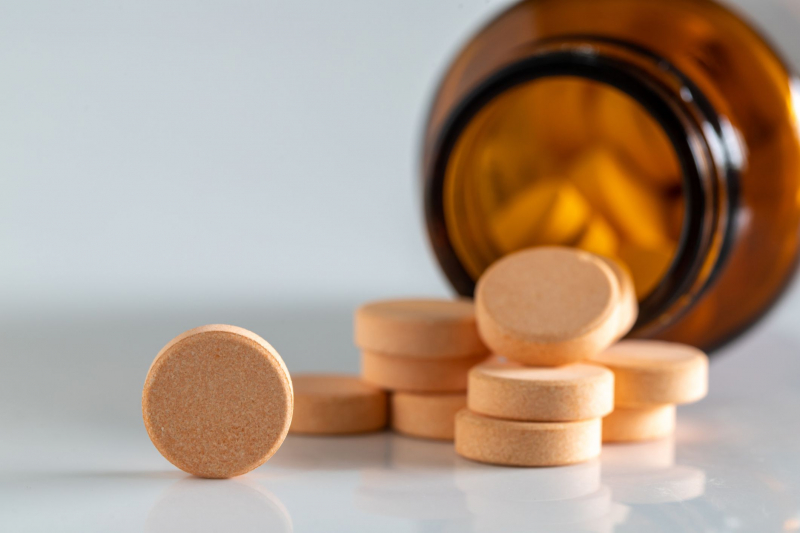
Get enough vitamin C -
Stress makes it difficult to get in the mood, but there may be more going on than just a lack of sex-related energy. Your sexual satisfaction may decrease and your fertility may be affected by stress.
Cortisol (widely known as the “stress hormone"), according to researchers, may help to explain some of these negative impacts of stress. Stress that lasts for a long time raises cortisol levels, which negatively affect testosterone. Testosterone levels often decrease as cortisol levels rise. While milder forms of stress can be lessened with relaxation techniques, severe, unexplained anxiety is often managed with medication. A walk in the woods, meditation, exercise, or socializing with friends are all easy ways to handle stress.

Relax and minimize stress 
Relax and minimize stress -
Fertility in both men and women can benefit from vitamin D. Another vitamin that might raise testosterone levels is this one. Men who were vitamin D deficient had a higher likelihood of having low testosterone levels, according to one observational study.
These conclusions were supported by a controlled study involving 65 testosterone-deficient and vitamin D-deficient men. Their testosterone levels increased by about 25% after taking 3,000 IU of vitamin D3 every day for a year. Although there is conflicting evidence, higher levels of vitamin D are associated with increased sperm motility. Research has shown that increased levels of Vitamin D in men can raise the calcium levels of their sperm. The increased calcium levels in sperm then increase motility.
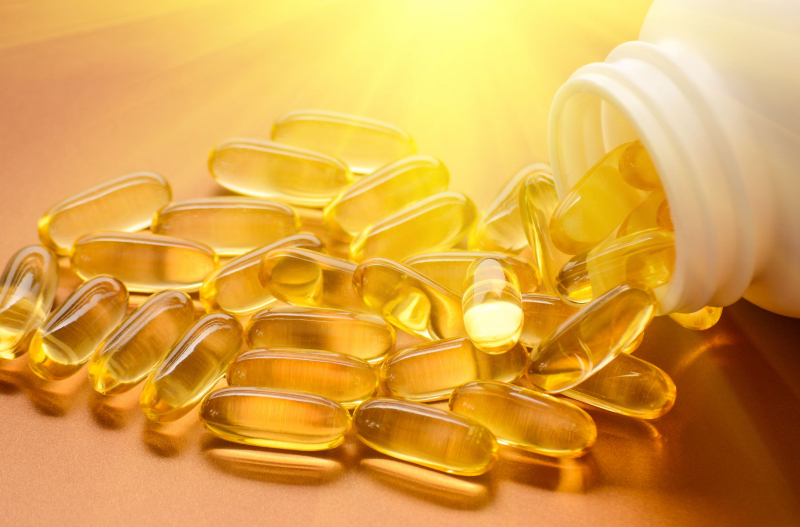
Get enough vitamin D 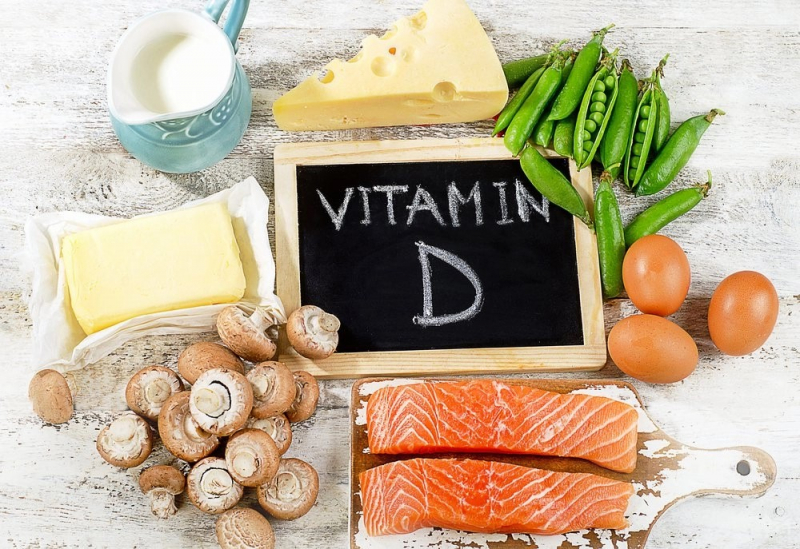
Get enough vitamin D -
Tribulus terrestris is a small, creeping plant that is native to the Mediterranean, Asia and India and is also found in the northern parts of Australia. This medicinal plant often known as Puncture Vine, is frequently used to increase male fertility.
One study found that taking 6 grams of tribulus root twice daily for two months increased libido and erectile function in males with low sperm counts. Tribulus terrestris does not increase testosterone levels, but research suggests that it may strengthen the libido-promoting effects of testosterone. However, more research is required to prove its aphrodisiac effects and assess the long-term risks and benefits of supplementation.
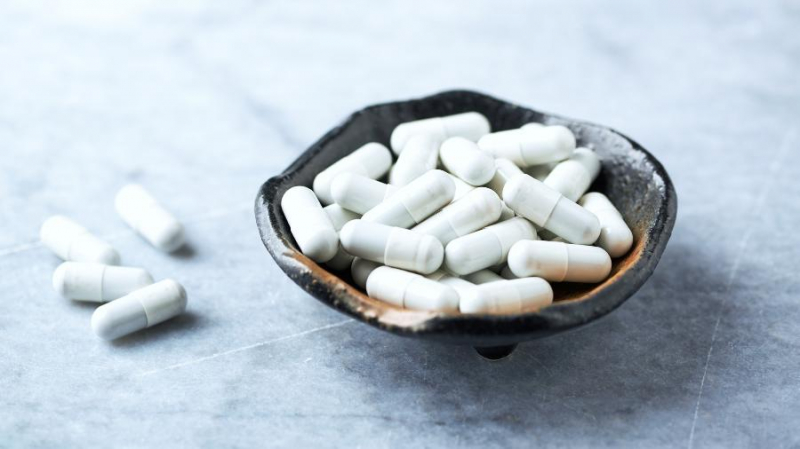
Try tribulus terrestris 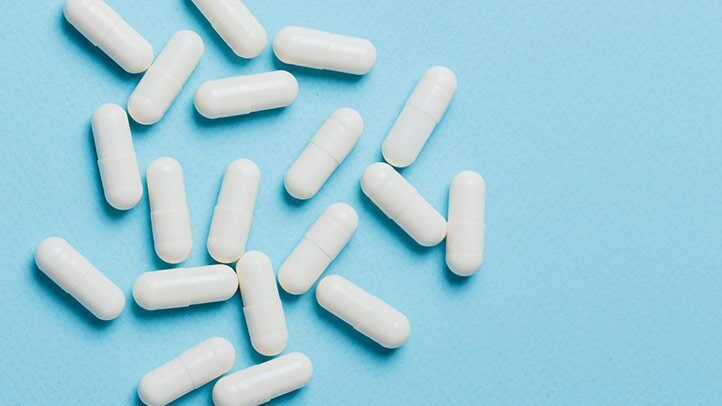
Try tribulus terrestris -
Fenugreek (Trigonella foenum-graecum), which is frequently found in kitchens, has powerful medical effects and is used in many supplements for male fertility. Hormone regulation and reproductive health have been demonstrated to be significantly impacted by fenugreek seed extracts.
One study examined the results of taking 500 mg of fenugreek extract daily in 30 men who strength exercised four times per week. In comparison to a placebo, the men's testosterone levels, strength, and fat loss were considerably increased. Taking 600 mg of Testofen, a dietary supplement made from fenugreek seed extract and minerals, daily for six weeks increased strength, libido, and sexual performance in 60 healthy men, according to a different study.
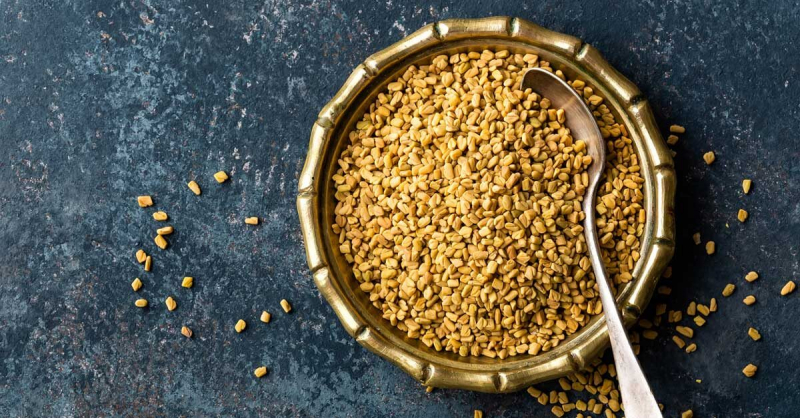
Take fenugreek supplements 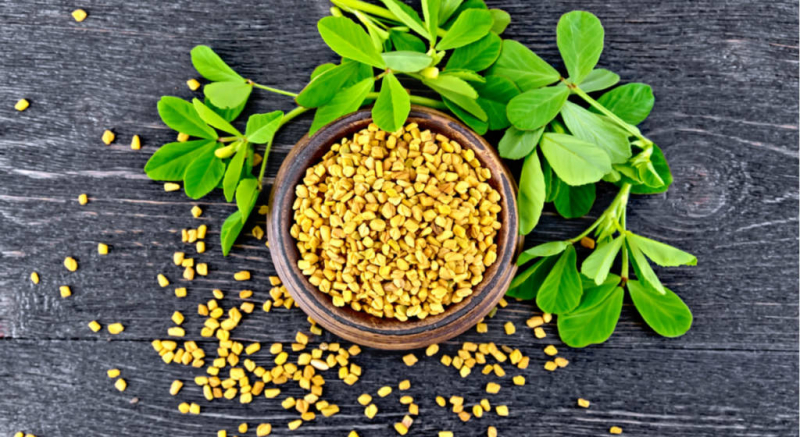
Take fenugreek supplements -
High concentrations of zinc, an essential mineral, can be found in animal foods such as meat, fish, eggs, and shellfish. One of the foundational elements of male fertility is getting enough zinc.
According to observational studies, low testosterone levels, poor sperm quality, and a higher risk of male infertility are all related to low zinc status or deficiency. Additionally, those who are poor in zinc might improve their testosterone levels and sperm counts by taking zinc supplements. Further, excessive amounts of high-intensity exercise are linked to lower testosterone levels, which may be prevented by zinc supplementation.
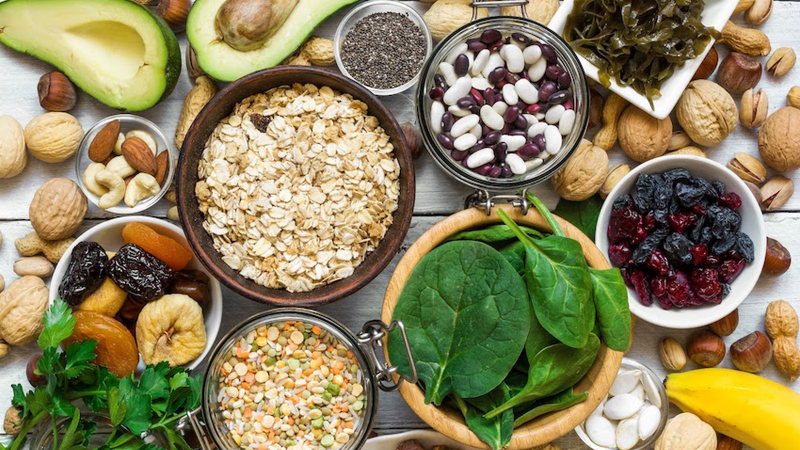
Get enough zinc 
Get enough zinc -
Withania somnifera, a herb used for medical purposes, has a long history in India. According to studies, ashwagandha may increase testosterone levels, thereby enhancing male fertility.
One study found that ingesting 675 mg of ashwagandha root extract daily for three months dramatically increased fertility in males with low sperm cell counts. In comparison to levels at the start of the trial, it specifically boosted sperm counts by 167%, semen volume by 53%, and sperm motility by 57%. These advantages might have some contribution from higher testosterone levels. According to a study conducted on 57 young men who had been engaging in a strength-training program, a daily intake of 600 mg of ashwagandha root extract dramatically enhanced testosterone levels, muscle mass, and strength when compared to a placebo.
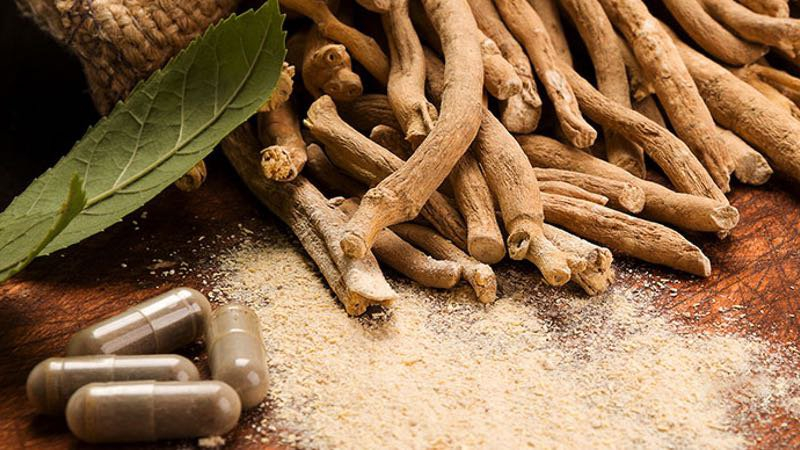
Consider ashwagandha 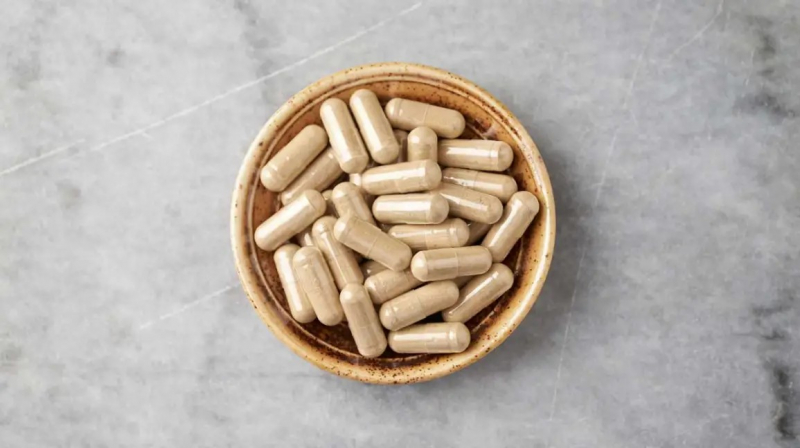
Consider ashwagandha -
Taking supplements with maca root may increase libido, fertility, and sexual performance. It has historically been used for its ability to boost libido and fertility.
In several trials, men who consumed 1.5–3 grams of dried maca root daily for up to 3 months noticed an increase in libido or self-reported sex desire. Maca root may enhance sexual performance, according to studies. The self-reported erectile function and sexual well-being of men with mild erectile dysfunction improved slightly after 12 weeks of consuming 2.4 grams of dried maca root. And taking 1.75 grams of maca root powder every day for 3 months also increased sperm count and motility in healthy men.
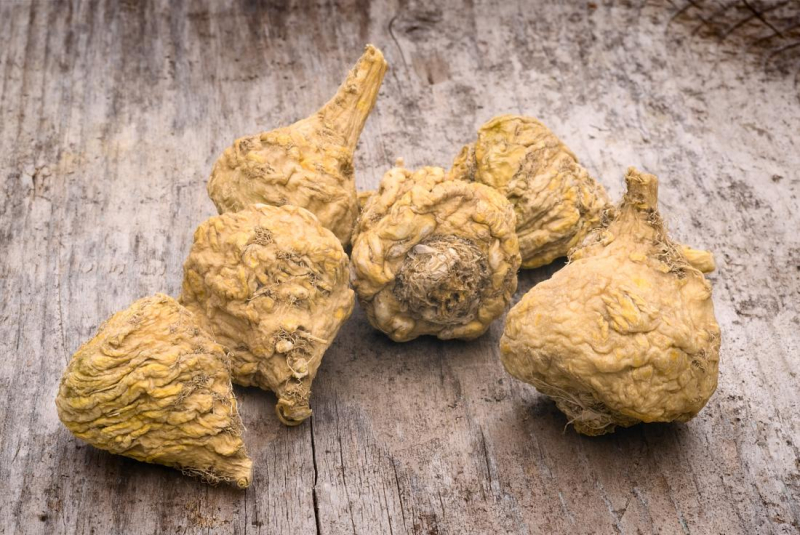
Eat maca root 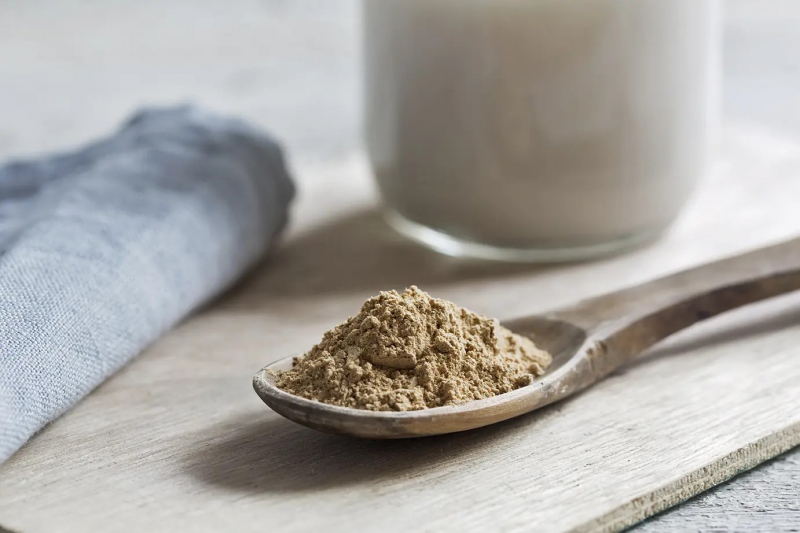
Eat maca root













